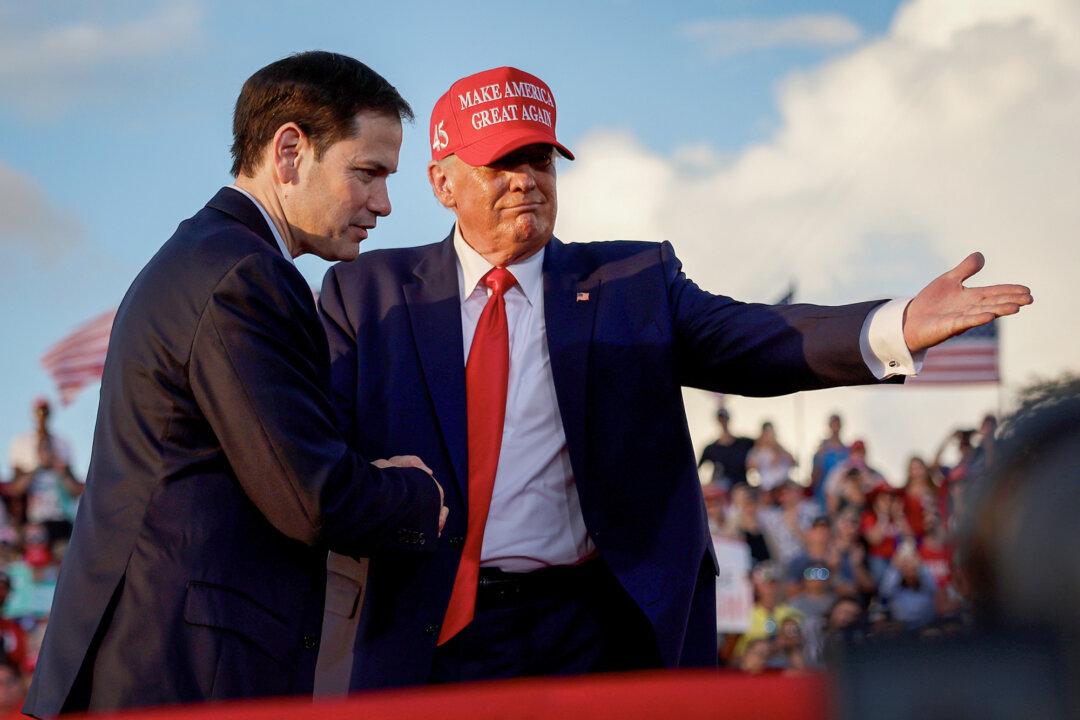Commentary
Beijing has recently taken three political and economic steps to prepare for the next phase of U.S.–China relations as President-elect Donald Trump returns to the White House for a second term.

Beijing has recently taken three political and economic steps to prepare for the next phase of U.S.–China relations as President-elect Donald Trump returns to the White House for a second term.